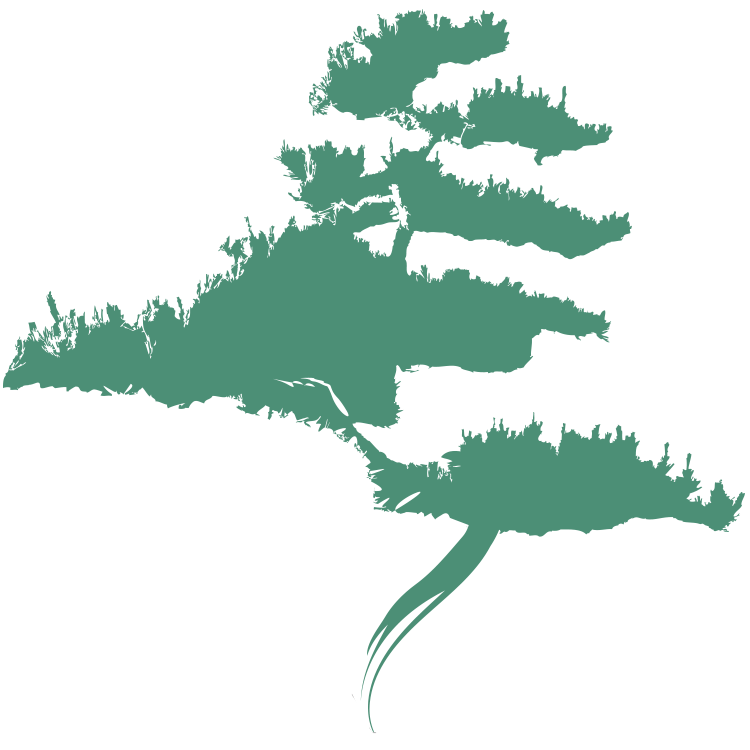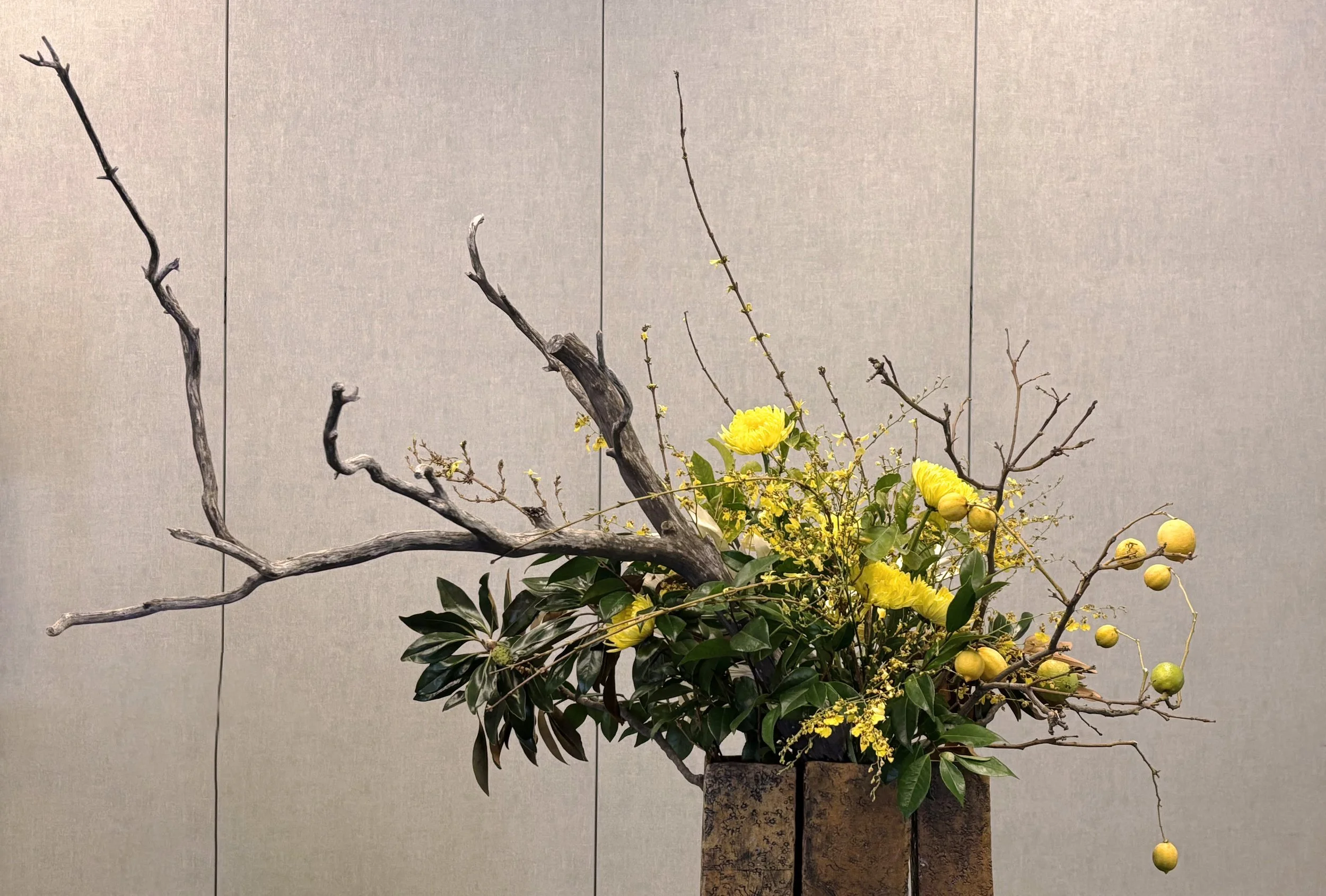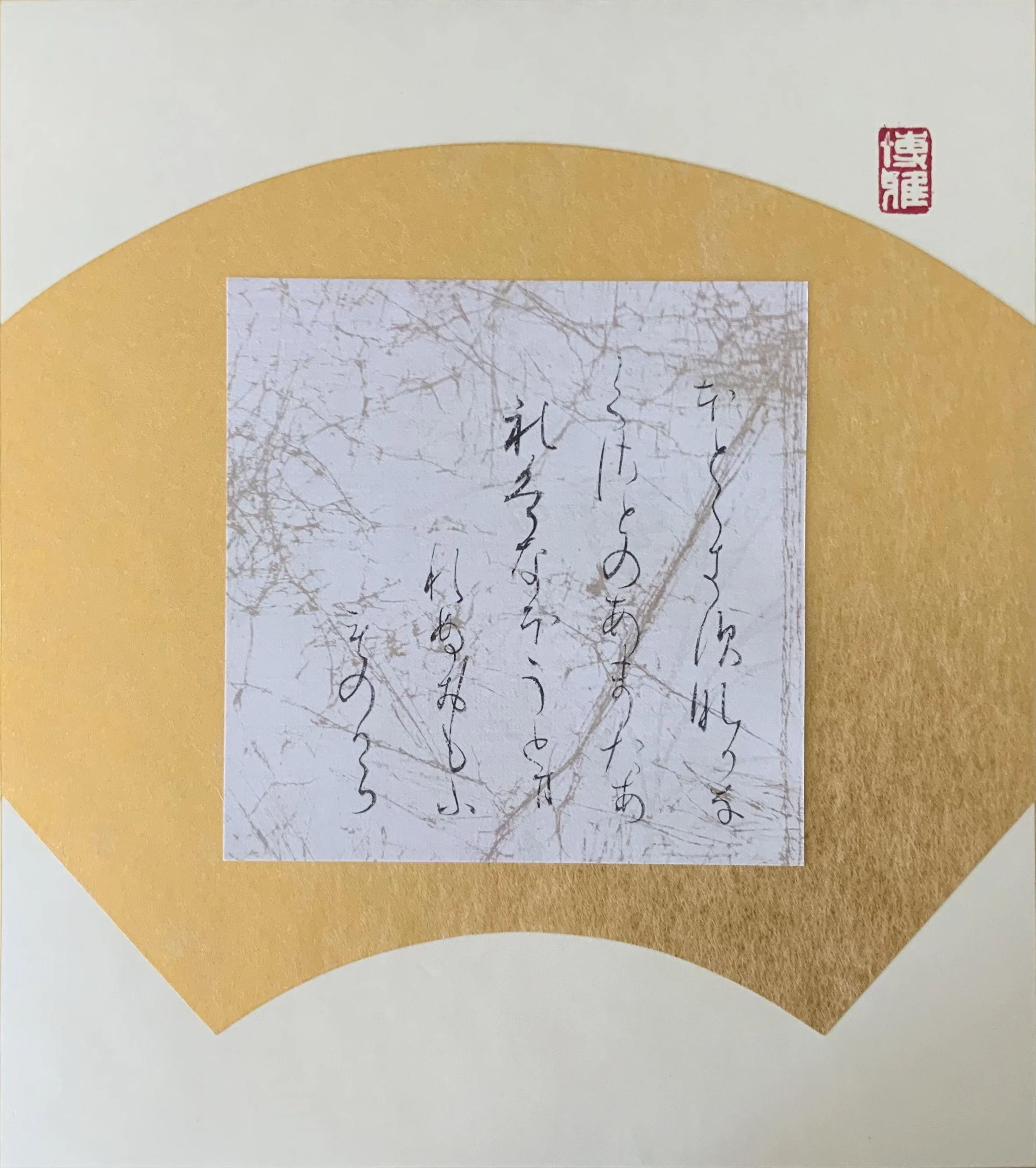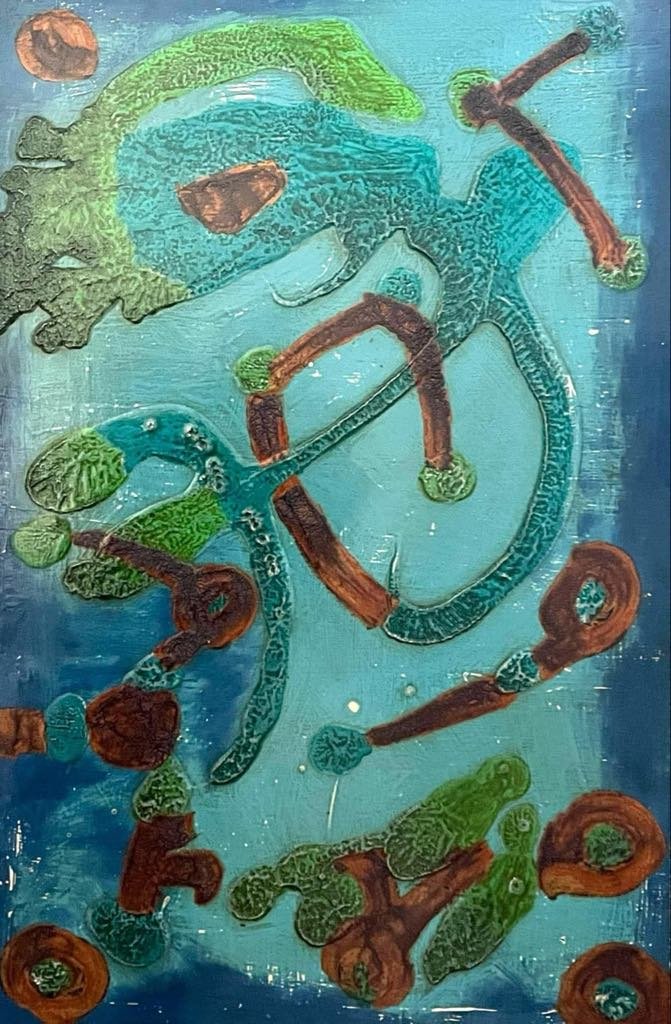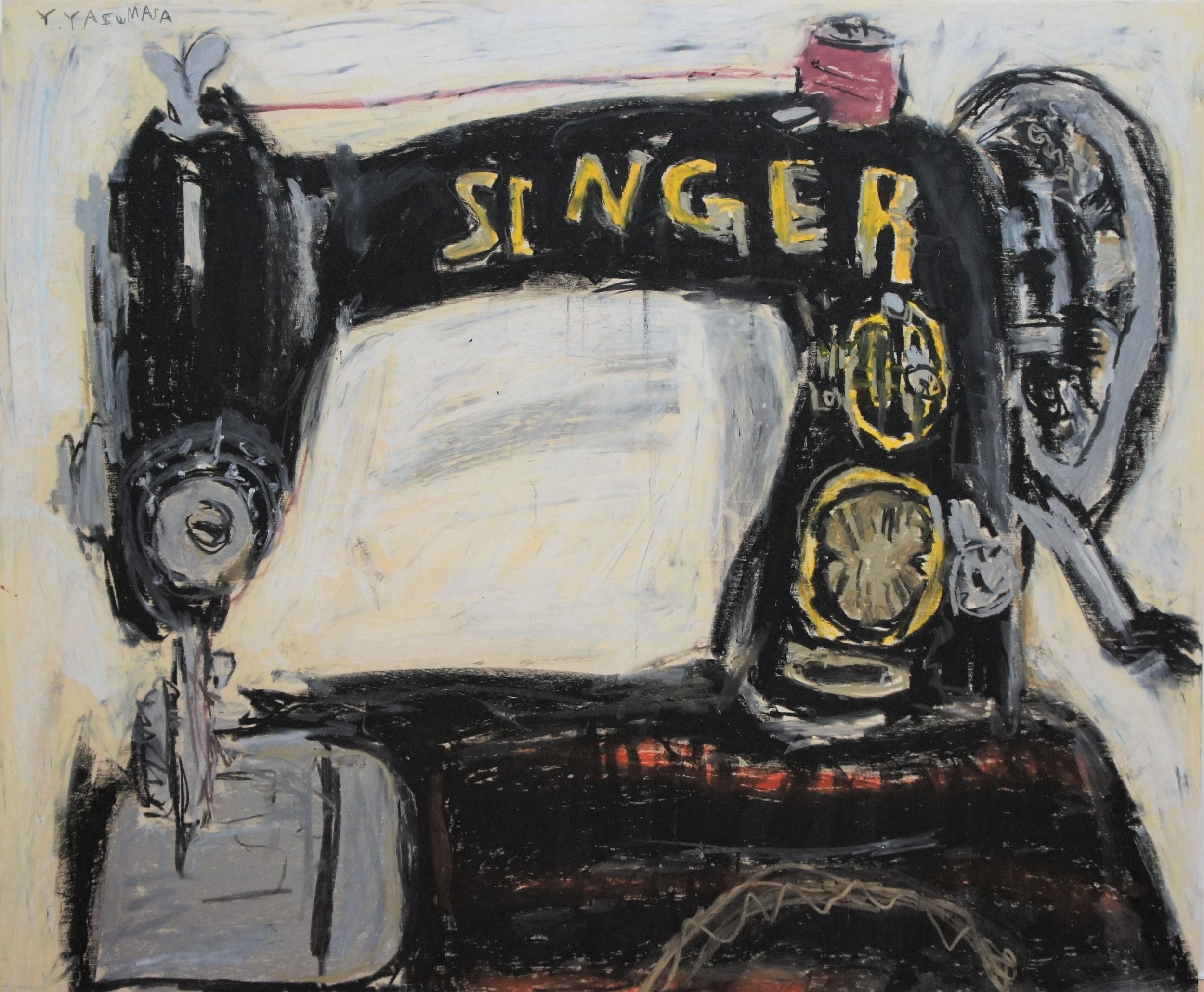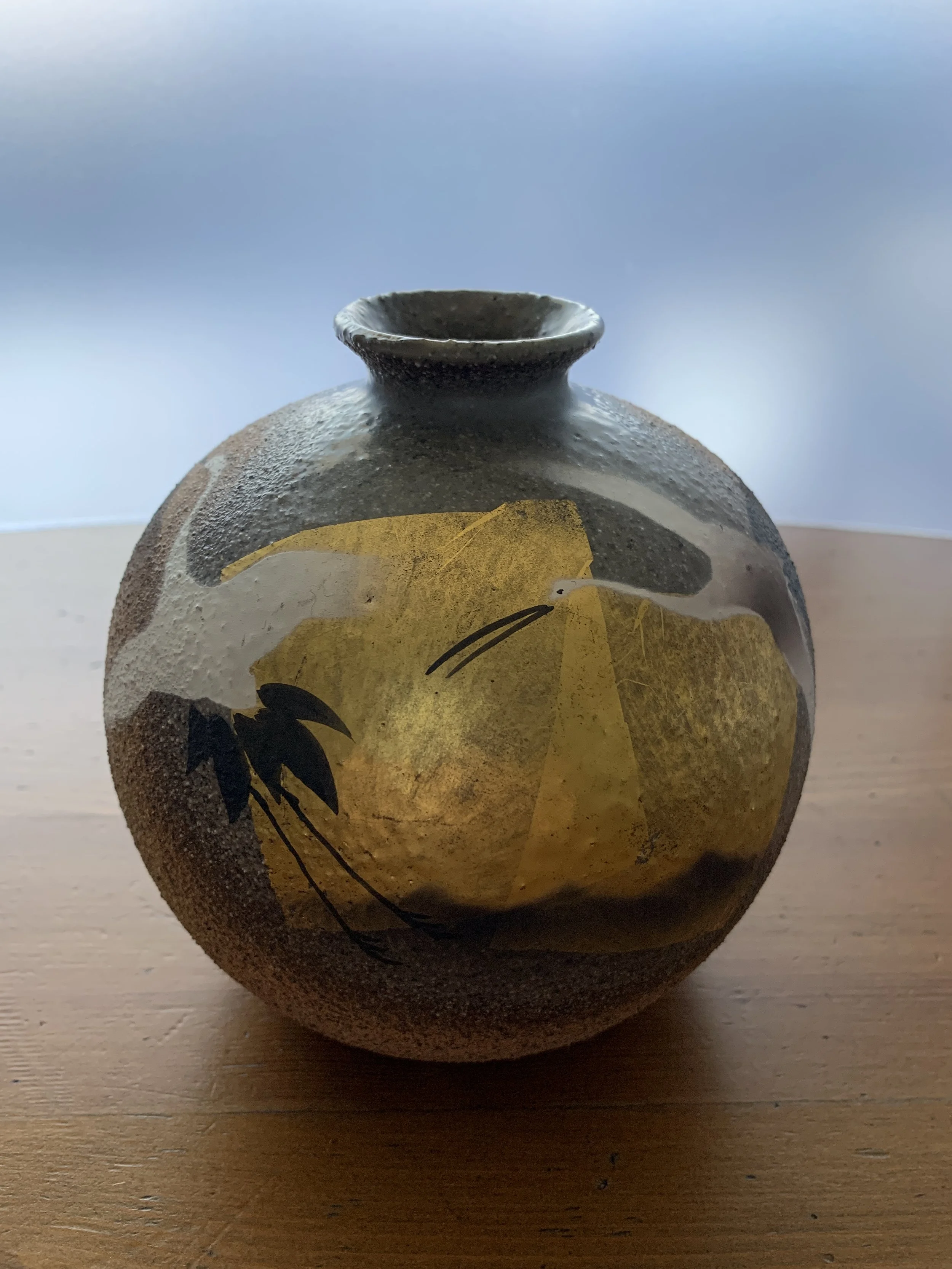
Shizuko Greenblatt: Uplift the human spirit
Shizuko Greenblatt: Uplift the human spirit
Expressive Japanese Calligraphy, Fusion Ikebana, and Female Energy Photography
The Japanese Friendship Garden & Museum is pleased to present Shizuko Greenblatt: Uplift the human spirit. This exhibition highlights three distinct bodies of work, Expressive Japanese Calligraphy, Fusion Ikebana, and Female Energy Photography, which celebrate the dynamic fusion of tradition and innovation by acclaimed Japanese artist Shizuko Greenblatt. Visitors will encounter calligraphy that pulses with emotional intensity, Ikebana-inspired mixed-media sculptures that blend botanical form with contemporary abstraction, and photography that explores the essence of female energy. Each work radiates a vibrant passion for life, drawing on the elegant simplicity of Japanese aesthetics while reimagining them through a fresh, modern perspective.
About Artist
Image Credit: Shizuko Greenblatt_Passion for Life #2
A descendant of a samurai family, Greenblatt was born in Japan and grew up in a home filled with art. She studied at Aoyama Gakuin University in Tokyo and later at UCLA, building a career of more than 30 years. Her work has been shown in solo exhibitions at the Pacific Asia Museum USC, En Gallery at the Storrier Stearns Japanese Garden in Pasadena, the LA Art Show with bG Gallery, and at LA Artcore Gallery and Gallery 825 in Los Angeles. Internationally, her art has appeared at the Tokyo Metropolitan Art Museum where she won a Gold Award for her digital fusion piece Rejuvenation, as well as the Kita-Kyushu Municipal Art Museum, the Kyoto Foundation Gallery, and Galeria Zero in Basel, Switzerland. She is also a U.S. award winner of the Patron Spirit Company’s Simply Perfect Art Project.Greenblatt’s deeply personal, culturally infused work explores universal themes of enthusiasm, vitality, and a passion for life.
For more information about Shizuko Greenblatt and her body of work, please visit www.shizukogreenblatt.com
